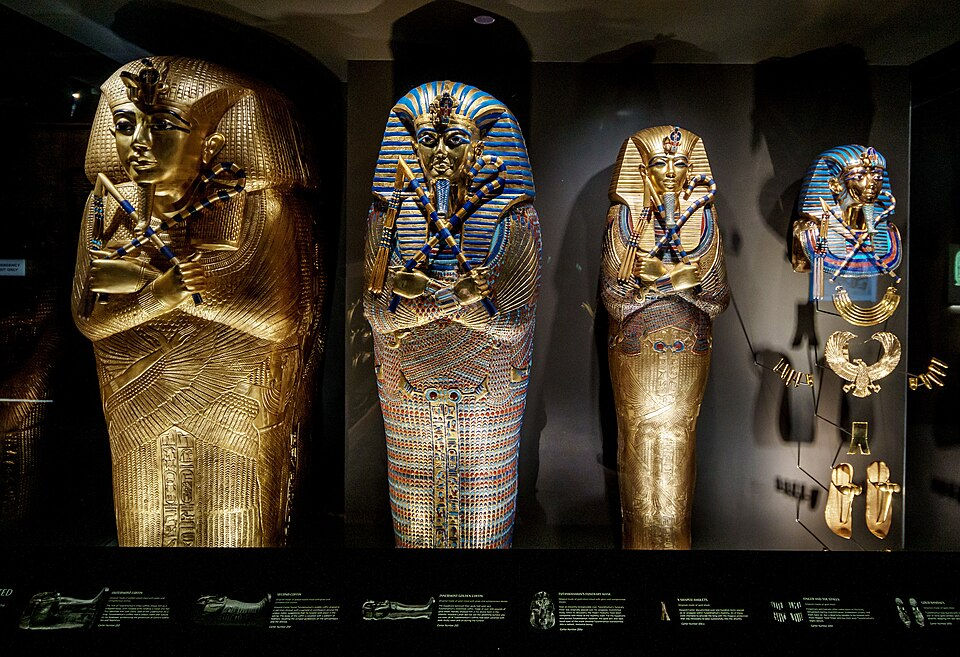Navigating Nighttime Anxiety in Senior Citizens
- Christian Companions

- Feb 6, 2023
- 4 min read
Updated: Mar 17, 2023

Anxiety is a very common emotion that many of us feel throughout our lives. Whether it’s a big event around the corner, interviewing for jobs, or just worrying about loved ones, anxiety is prevalent in our society.
However, if you or the senior citizen in your life are having increased bouts of anxiety at night and it’s affecting the ability to go to sleep, that might just be night-time anxiety.
What is Night Time Anxiety
Night time anxiety, sometimes referred to as nocturnal anxiety, is a condition in which someone begins to feel increased worries or even fear at night.
The worries and fear can make it extremely difficult to fall asleep or stay asleep. It’s also not uncommon for anxiety to cause someone to wake up frequently throughout the night. Severe restlessness and even nightmares can be a part of night time anxiety as well.
Night time anxiety can be caused by a variety of factors, including stress, unresolved emotional issues, or medical conditions. It is often a symptom of a larger anxiety disorder or can be a standalone condition. Unfortunately for our elders, It's quite common among older adults and can affect their overall quality of life.
Symptoms of Night Time Anxiety in Senior Citizens

Restlessness
Seniors that are suffering from night time anxiety might feel restless or experience an increased amount of fidgeting. The restlessness may even be experienced as an inability to relax and unwind. This tension remains in the body and can increase agitation while trying to get to bed.
Insomnia
If the restlessness becomes great enough, it may lead to serious bouts of insomnia. That is, difficulty falling or staying asleep. Night time anxiety and its many symptoms can become a persistent nightly occurrence and really impact the amount and quality of sleep a senior will get each night. The lack of quality sleep will then be reflected the next day as the body feels sluggish and thinking may seem more difficult or hazy.
Persistent Worrying
Seniors experiencing night time anxiety may have difficulty calming their mind and shutting off their thoughts. This may lead to rumination or persistent worrying about the future or just about any scenario that the mind brings to light.
Nightmares
Another feature of night time anxiety is the occurrence of nightmares. If a senior citizen goes to bed with persistent thoughts of dread or worrying about a particular likelihood, these thoughts might just make it into their dreams in the form of a nightmare.

A nightmare can cause a senior citizen to awaken in a panic. With their heart rate elevated and sometimes covered in sweat, it can make going back to sleep extremely difficult. Not only is the body in a heightened state of stress and needs to calm down, but the thoughts of the dream will keep the mind active for some time as well.
Difficulty with Concentration
Senior citizens that experience some or all of the symptoms of night time anxiety will have severe difficulties trying to focus or remain productive throughout the day due to their lack of quality sleep. Night after night of interrupted or delayed sleep will certainly begin to take its toll on the mind and body. An inability to focus or concentrate, memory loss, and poor judgment are all symptoms of sleep deprivation and can exacerbate any present cognitive disabilities.
Mitigating Night Time Anxiety
Lifestyle changes
A key part of helping to reduce the occurrence or severity of night time anxiety is to be aware of it. By noticing all of the symptoms and establishing its presence, senior citizens can create strategies to help with night time anxiety.
Things such as keeping a consistent and regular sleep schedule will keep the body in a routine and make sleep more accessible.
Avoiding caffeine and alcohol as well as late-night meals can also help promote better sleep. Getting plenty of natural light throughout the day, exercising regularly, and maintaining a healthy diet can all help in the battle against night time anxiety.

Hobbies and Meditation
Having some arts and crafts supplies on hand during the evening will provide an outlet for any feelings of restlessness and keep the mind occupied. Whether it’s painting, sculpting, jewelry making, or any other craft, these activities can be incorporated into the night time ritual and help keep seniors wind down before bed.
Meditation is also another avenue to explore in the battle against night time anxiety, in particular, and anxiety in general. If your elder is new to meditation, it might be best to start them off with shorter, guided meditations that will teach them how to quiet their mind.
Caregiving
Another great way to help ease night time anxiety is simply the presence of another person in the home. A caregiver that visits the home in the evening can help with light housework, meal preparation, or even just as a companion to help keep your elder’s mind occupied and away from ruminating.

Here at Christian Companions, compassion is our aim. Call us today and learn how our professional caregivers can help the senior citizen in your life age in place with grace.





Comments